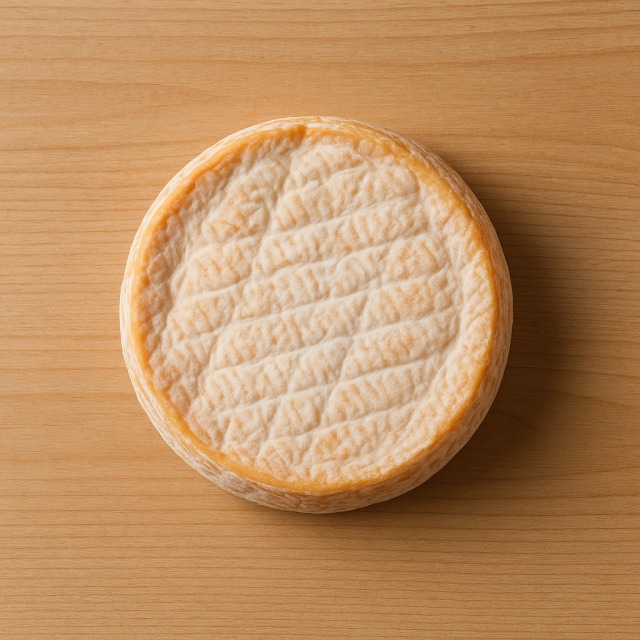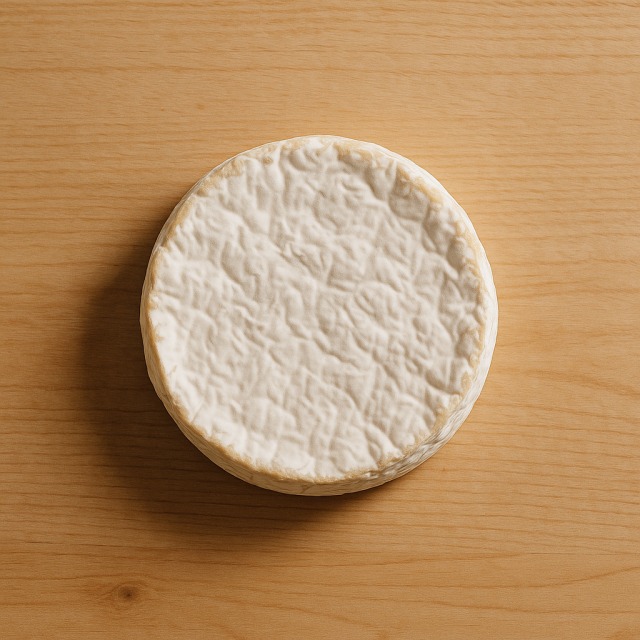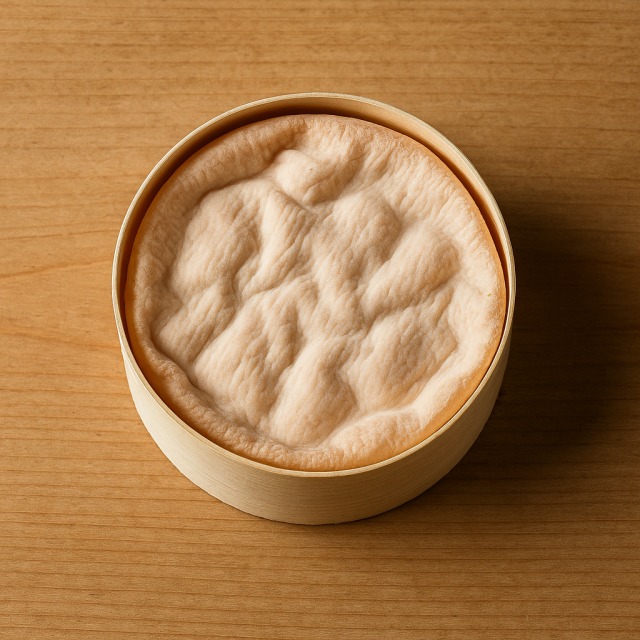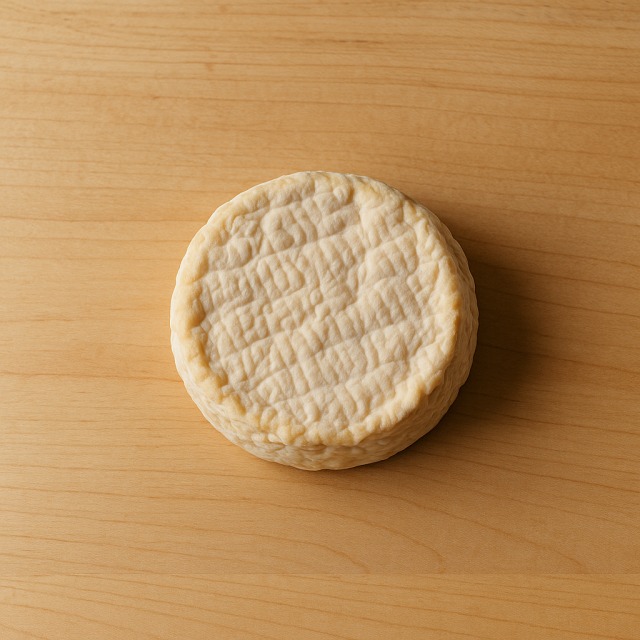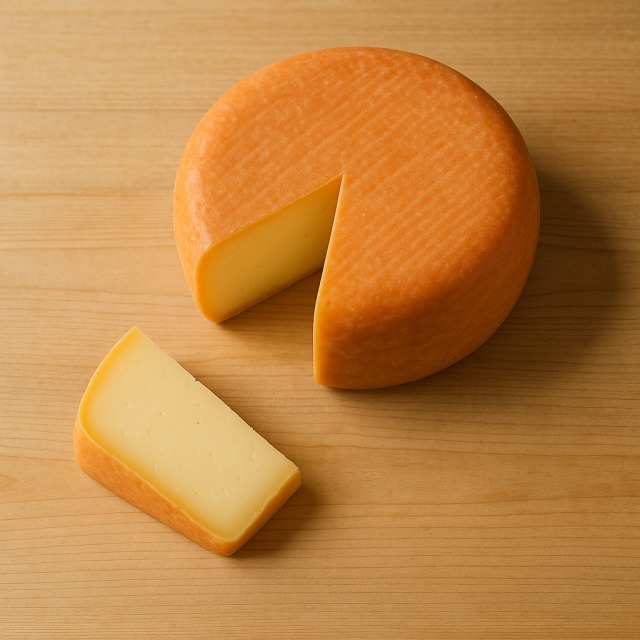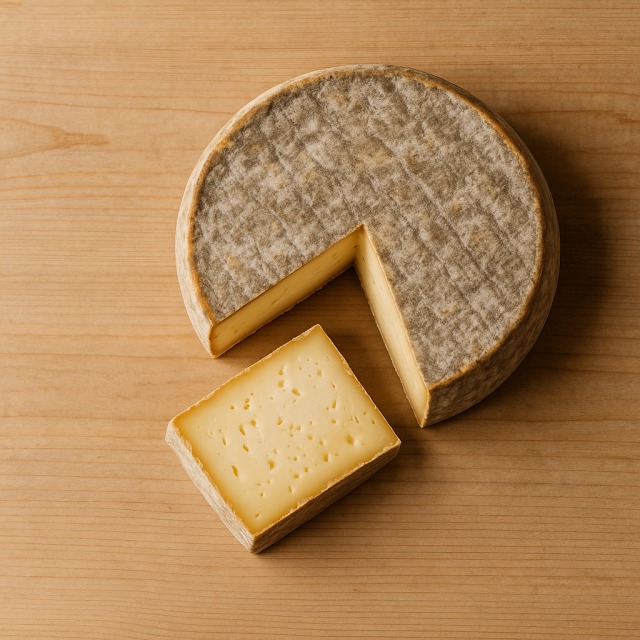Calorie Chart / Cheeses / Mozzarella
How Many Calories Are in Mozzarella?
Calculation of the nutritional value & Recommended Dietary Intake of mozzarella
For g and a calorie requirement of kcal
| Calories 415 kcal | Proteins 28 g | Lipids 33 g | Carbohydrates 0 g |
| 21% | 37% | 49% | 0% |
Health benefits of mozzarella
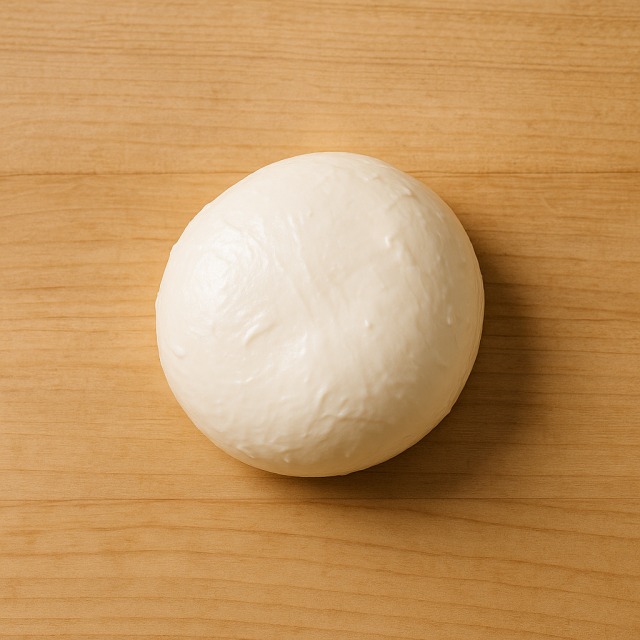
Mozzarella - 100g
Calories 332 kcal
Proteins 22 g
Lipids 26 g
Carbohydrates 0 g
With 332 kcal per 100 g, mozzarella is considered a high-calorie dairy food. Those calories come mainly from its 26 g of lipids and 22 g of proteins, while carbohydrates are virtually absent. Mentioning calories is crucial for people comparing cheeses, because mozzarella delivers more calories than fresh cottage products but fewer calories than long-aged cheeses like Parmigiano.
Nutritionally, mozzarella supplies generous amounts of calcium and phosphorus that contribute to bone mineralisation. It is also a good source of vitamin B12 (essential for red blood cell formation) and vitamin B2. Although high in saturated fat, it provides conjugated linoleic acid (CLA), a compound under study for its supposed anti-inflammatory benefits – the term "supposed" is appropriate because data are still limited.
Because mozzarella goes through a gentle fermentation, it contains live lactic bacteria that can support gut diversity. Sodium levels are moderate compared with aged cheeses, which can help individuals monitoring salt and calories simultaneously. Finally, its Italian origin dates back to 12th-century Campania, where buffalo milk was first "mozzata" (cut) by hand – an anecdote that enriches the story behind the calories you see on modern labels.
In short, mozzarella packs considerable calories but also valuable micronutrients, making it a dense yet interesting option when total daily calories are kept in check.
Tips for incorporating mozzarella into a balanced diet
Because mozzarella is calorie-dense, portion control matters: 30–40 g adds flavour without excess calories. For a refreshing meal, prepare a Caprese salad by alternating slices of mozzarella with ripe tomato, fresh basil, and a drizzle of olive oil. This dish balances calories with antioxidants and pairs well with a handful of peppery arugula.
If you crave pizza, choose a thin homemade base, spread tomato sauce, add diced mozzarella, and top with grilled zucchini. Baking at a high temperature melts the cheese quickly, so you can keep total calories moderate while enjoying classic flavour.
For athletes, melt mozzarella over grilled chicken breast and serve with whole-grain pasta. The protein-rich combination supports recovery, while carbohydrates replenish glycogen without an explosion of calories.
Finally, replace high-fat gratins with a lighter vegetable bake: layer sliced eggplant, sprinkle mozzarella, add herbs, and finish under the grill. You still get the comforting texture but shave off calories compared with cream-based recipes. In every case, adjusting the amount of cheese allows you to align the dish with your personal calorie budget.
Frequently Asked Questions
- How many calories in mozzarella?
- There are 332 kcal per 100 g.
- Is mozzarella lower in calories than cheddar or Gruyère?
- Yes, mozzarella generally contains fewer calories than aged cheeses such as Gruyère but more calories than fresh options like ricotta.
- How much mozzarella can I eat if I am counting calories?
- A 30 g portion delivers about 100 kcal; many dieticians suggest limiting servings to keep daily calories within target.
- Are the calories in buffalo mozzarella different from cow's milk mozzarella?
- Buffalo mozzarella is usually richer and can reach 350–370 kcal per 100 g, so the calories are slightly higher.
- Does heating mozzarella change its calories?
- No, baking or grilling alters texture, but the calories remain the same unless extra oil is added.
- Is mozzarella suitable for low-carb or keto diets?
- Yes. With 0 g of carbohydrates, its calories come from fat and protein, fitting well into low-carb plans.
Similar foods
Information provided by Calorie Menu may contain inaccuracies or errors. It cannot, under any circumstances, substitute medical advice or medication.
